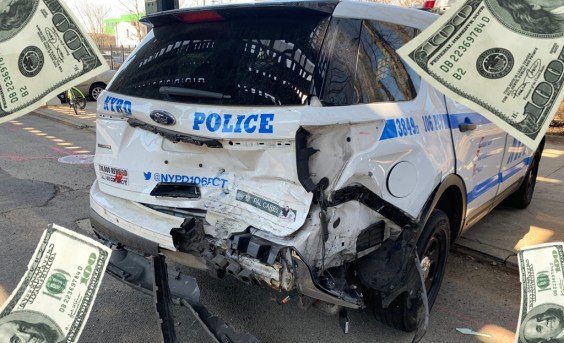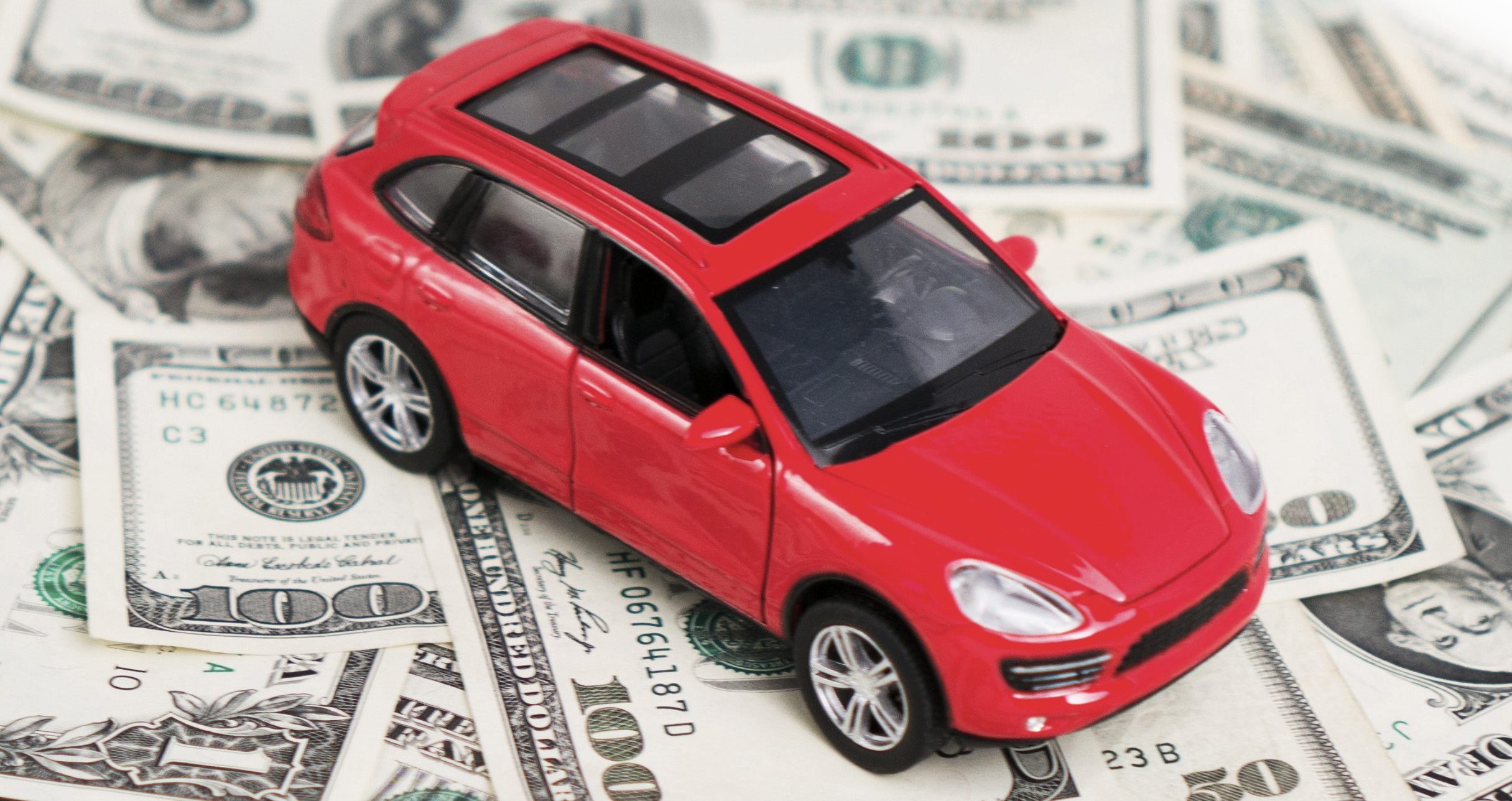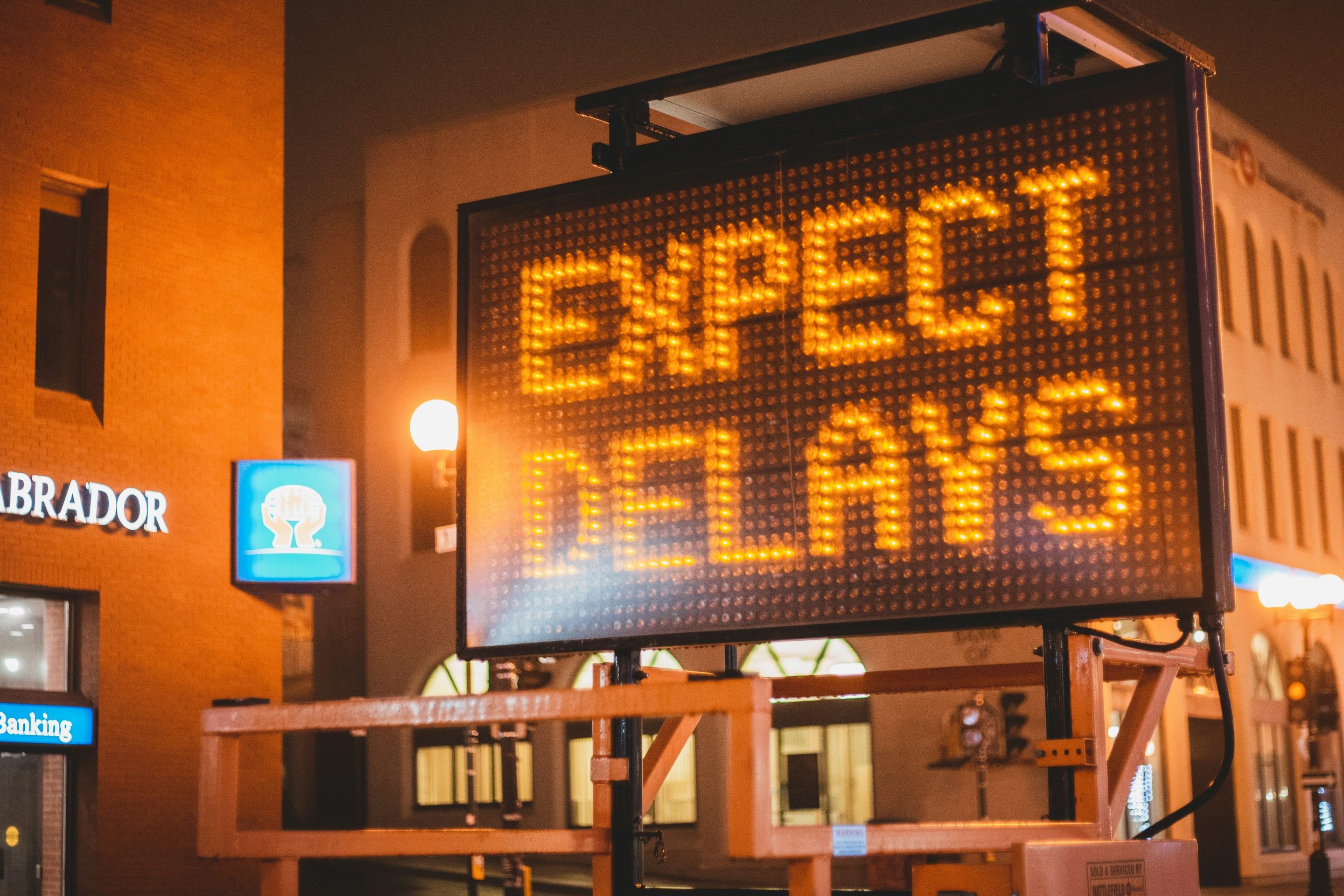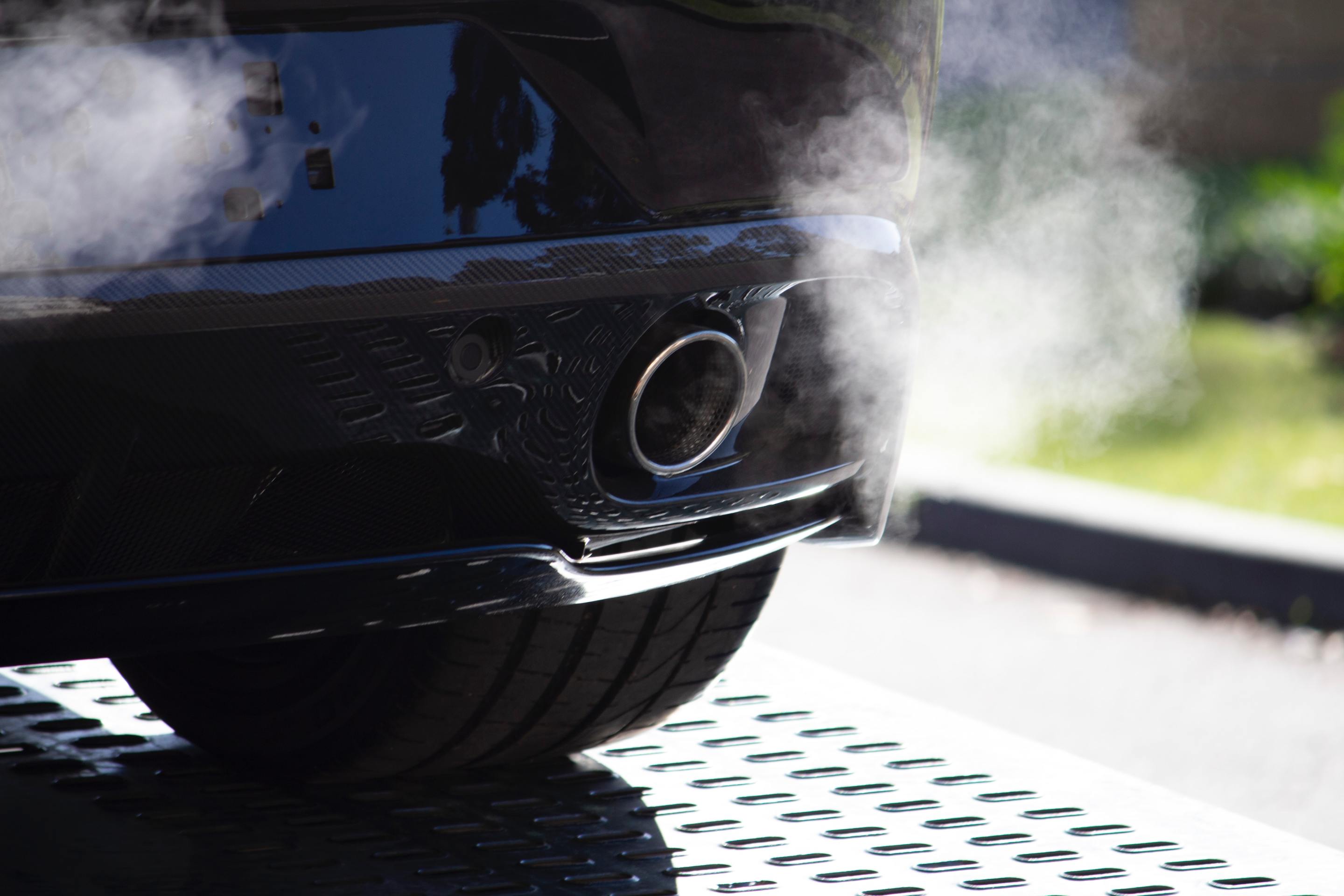Last fall, former MTA chief Jay Walder took over as CEO of Alta Bicycle Share, part of a restructuring that injected new resources and expertise into a company that had struggled to keep up with the demands of running bike-share systems in half a dozen major American cities.
This morning, the company came out with a new name, Motivate, one of the first public announcements in what's expected to be a year of rapid improvement and growth. (Another piece of news dropped last week: Jersey City has picked the company to run its new bike-share system, which will be accessible to Citi Bike members.)
I got a few minutes this afternoon to chat with Walder about the new name, the status of the Citi Bike overhaul, and his vision for the company. Here's our Q&A, edited for length and clarity.
What led to renaming the company and why did you go with "Motivate"?
It was a requirement to rename the company after taking over. We engaged in a discussion of our values, and what we want to achieve. We think it fits in with the way people think of [bike-share] in their life. When I think about it, I use words like "action" and "energy" and "movement." I think it also reflects that as a company we have to be continually moving and changing and evolving in the cities and urban areas where we are.
After we ran a short post this morning about the name change, readers immediately wanted to know more about efforts to make Citi Bike more reliable. What can you tell us about how that’s going?
When we took over, we said we would be working over the winter to use this time to make Citi Bike more reliable. We said we would overhaul all 6,000 bikes in our fleet, and that is underway right now.
We’ve also worked to build up our team. We hired a VP of technology, and we are staffing up behind him. I just met a woman hired this week to join the tech team.
We’re working very actively with our suppliers to improve the technology we’re offering to our customers. Things are actively proceeding so we can build on their affection for the service, with docking that’s easy, real time information at their fingertips, and when things break, that we’re in a position to make quick repairs and get bikes back on the streets.
In your announcement today, you emphasized the regional potential of bike-share systems.
I think to the credit of a lot of municipal areas around the country, people have looked to bike-share as a regional approach. The Boston system is actually Boston, Brookline, Cambridge, and Somerville. The idea that you can get on a bike in Cambridge and ride to Copley feels absolutely natural in that space.
Now in Jersey City, we’re looking at crossing natural boundaries. You can cross the river and use a bike [in either Jersey City or New York], even if you can’t ride the same bike.
What we should really be thinking about is a vision of what we want and can see bike-share being. You may be an annual member in NYC, but if you go down to DC and want to take out a bike, that is a new experience to you. You have to register again. One of the things we should be looking at is making this experience completely seamless.
Do you see the bike-share experience integrating more seamlessly with transit?
[Bike-share] has happened as a largely separate mode of transport. But the natural evolution is that we do need to be thinking about that. If you look at the Los Angeles bike-share request for proposals, it is very much putting that idea in front of providers, the idea of integrating with the transit system. I want to see us make that integration.
Looking forward, I’m less interested in a card, and more interested in how we use our mobile devices.
In terms of fare payment, or real-time information – or both?
Both and more. When you think about apps that are really great, they hit you in that sweet spot and they feel natural and intuitive. We have to do much more. The payment process, the real-time information -- all across the board there has to be an evolution in the way we’re thinking about that.
How does your experience running large transit agencies translate to running Motivate? What lessons from that world have you been able to apply to this one?
I have to tell you that I've immensely enjoyed making this jump. In some ways it may seem strange to people, going from such large agencies to bike-share. But I think the nature of the bike-share industry is that it’s a ground floor industry. In just four years, it's grown exponentially. It’s incredibly exciting to be dealing with that. The MTA -- the New York City subway -- has been running for 110 years, so it’s a very different feel.
Nevertheless, many of the things people expect from their transit system, they expect from their bike-share system. The rigor of analysis and operations that we bring to transit we need to bring to bike-share.
One benefit that bike-share has is that there is a huge degree of affection for bike-share. People love it. Email after email I receive from people, they say, "I love bike-share." Then they may say "…but you need to fix this," but bike-share is something that people really, really want to see succeed.
If anything, some frustrations come from the potential pace of change. I was away from NYC for three years, and it changed so much in that time. Bike-share is one of the only forms of urban transportation that can change quickly.
Today’s announcement mentions that Motivate is now positioned to "bring bike-share to scale." Can you elaborate on that? Have we seen what it looks like to operate bike-share at scale in an American city yet?
New York has 6,000 bikes going to 12,000 bikes with the next round of expansion. I keep asking people asking if 20,000 is reasonable to expect, and most people think that’s too low.
San Francisco has 700 bikes today in an area that stretches all the way to San Jose. That was a pilot. No one believes that 700 bikes is enough for those areas.
No matter how many bikes a city has now, they could have an order of magnitude more. I don’t think we’ve hit scale anywhere yet.





